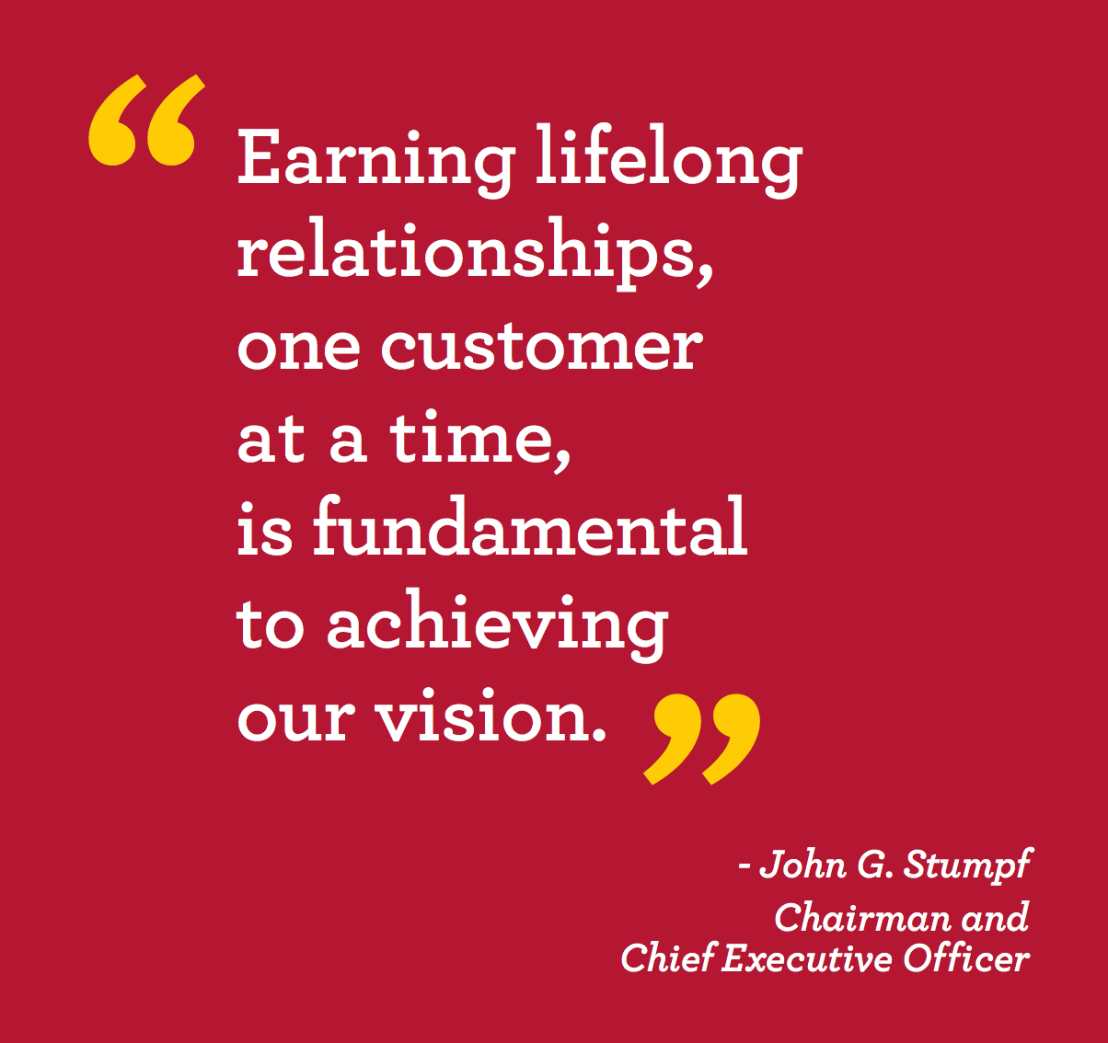By James Kwak
The reorganization of Google into Alphabet means … well, not very much, at least for now. Instead of everything being inside one big corporation called Google, now there will be a bunch of corporations (one of them called Google) all owned by a holding company called Alphabet. “Holding company,” in this case, means that Alphabet will have no operations of its own: it will be a corporation that simply owns all the other corporations.
This is supposed to have something to do with making the company “cleaner and more accountable,” “empowering great entrepreneurs and companies,” “improving transparency and oversight,” blah blah blah. In itself, however, it does none of this.
There is no substantive difference between a corporation with a bunch of divisions and a corporation fully owning a bunch of other corporations. In both cases, the CEO at the top of the pyramid has complete control over everything that happens within the entire structure, and is accountable to no one except the board and shareholders of the top-level corporation. As for transparency, there’s no rule saying that any corporation has to release audited financials, or have audited financials in the first place, or publish any financials at all (except for tax filings, which are not public). The rules requiring disclosures only apply to publicly traded corporations, and in the new structure, there is still exactly one of these: Alphabet, which still owns everything.
The new Alphabet is planning to release financial information for its new Google subsidiary, but that’s purely voluntary — and it’s something they could have done already. Any corporation always has the option of disclosing more information than it is legally required to, and most public corporations take this opportunity to release information that they think will help them with their investors (if only because many investors are unwilling to buy stock in companies that don’t say anything about how their numbers break out across product lines or regions).
Alphabet’s subsidiaries will each have a CEO and, presumably, a board of directors. This could be good, it could be bad, but most likely it won’t make a difference. There’s no reason you couldn’t call the head of an operating division its “CEO” instead of “president” or “general manager” as is the case today. Nominally a corporation has to have a board of directors, but in the case of an Alphabet subsidiary all of its members will be named by Alphabet. So to the extent that the board does anything, it will be less efficient than the current situation, in which Larry Page can simply call the head of, say, Nest, and tell him what to do. And to the extent that a subsidiary corporation duplicates any of the infrastructure that is currently handled at the top, Google level (finance, HR, IT, etc.), that’s simply a waste. However, the most probable outcome is that Alphabet will continue doing what Google is doing today: the various subsidiaries will be semi-autonomous, doing some things independently and drawing on shared resources for others.
While we’re at it, let’s clear away the too easily bandied about comparisons to Berkshire Hathaway. Berkshire is a corporation that owns other corporations. But that’s because Berkshire is Warren Buffett’s investment vehicle: he uses it to buy companies that he thinks are undervalued, like most recently Precision Castparts. The companies that Berkshire buys have nothing to do with each other, or with Berkshire’s historical insurance business, so of course Buffett leaves them intact. That also makes sense because he may want to sell them someday, or at least preserve that option. Google, by contrast, has never bought a company solely as an investment play. It has always done so because of supposed synergies between the acquisition and Google’s other businesses. When Alphabet starts buying companies that have nothing to do with its existing companies, then you can start comparing it to Berkshire.
In short, the reorganization of Google into Alphabet doesn’t change anything about how the company has to behave, so any actual changes are things that could have been done without the reorganization. The corporate structure will only really matter if investors can own stock directly in the subsidiaries, so a subsidiary could have a different shareholder mix from Alphabet. Then a host of new rules could apply, including required financial disclosures on the subsidiary level and restrictions on transactions between the subsidiary, Alphabet, and the other affiliates in the group. Then the subsidiary would have to be run independently for the benefit of its shareholders — which is good from its shareholders’ perspective, but bad from the perspective of the conglomerate as a whole, because it limits flexibility.
This week’s reorganization could be a preparatory step in that direction — but, then again, it might not. It’s not clear if Larry Page and Sergey Brin have a master plan. And, if they have a master plan, there’s no particular reason to think it’s a good one. Page and Brin are obviously the technology world’s version of geniuses, having invented the original Google search algorithm and turned it into the world’s dominant search and online advertising business. But there’s no reason to think they have any particular insight into questions of corporate organization. For decades (if not centuries), everyone has known that there’s a basic trade-off between consolidation and autonomy, and that as you get bigger and bigger it gets harder to run everything on a fully consolidated basis.
These days institutional investors tend to distrust companies that combine too many businesses under a single corporate umbrella, so as time passes the pressure on Alphabet to break itself up for real will only grow. In the meantime, the new structure is not a best of both worlds, because there is no best of both worlds: you can’t have a corporate structure that provides maximum autonomy and transparency on the subsidiary level and also permits maximum coordination across the entire group. Not even if you are a Silicon Valley billionaire.
[Also posted at Medium.]

